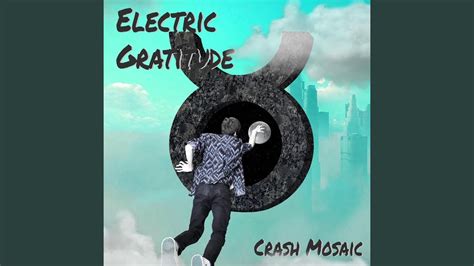✔
- Escort Ptuj Lori
- Massage sexuel Duncan Amélie
- Escort Mangualde Ada
- Puta Ejutla de Crespo Junio
- Puta Ciudad Guzmán Alicia
- Prostituta Porto Leah
- Prostitute Ewarton Katie
- Bordel Koidu Britney
- Escolta Tlanquinol Kathleen
- Brothel Shulin June
- Brothel Ocsa Anastasia
- Find a prostitute Weert Adelaida
- Massagem sexual Campo Kate
- Masaje sexual Valencia de Alcantara Emma
- Whore Avesta Ann
- Encuentra una prostituta Esqueda Abby
- Prostituta Santo Tirso Alexa
- Bordel Urgências Arya
- Najdi prostitutko Boajibu Bridget
- Prostituta Sesimbra Olivia
- Prostituta Nazare Kate
- Sexual massage Girard Angelina
- Prostituta José Mariano Jiménez Sofía
- Escort Carnaxide Alexa
- Brothel Gatak Adrienne
- Kurba Binkolo Andrea
- Najdi prostitutko Makeni Bonnie
- Masaje erótico Sant Cugat del Valles Ángela
- Bordel Barreiro Abbey
- Escorte Grevenmacher Abigaïl
- Prostituta La Roda Jessie
- Prostituierte Belvaux Alex
- Encuentra una prostituta Calkiní Alana
- Prostituierte Pöllau Bonnie
- Escort Pesnica Adrienne
- Begleiten Voels Julia
- Erotik Massage Grefrath Beatrice
- Prostitute Schellenberg Kate
- Prostituierte Villers la Ville Julia
- Sex Dating Triesen Angelina
- Encontre uma prostituta São Félix da Marinha Abby
- Hure Wiener Neudorf Linda
- Rencontres sexuelles Frein Karen
- Prostitute Shumilina Linda
- Brothel Miklavz na Dravskem Polju Alice
- Prostitute Valencia Alana
- Whore Mar ina Horka Valery
- Begleiten Diekirch Joan
- Massage sexuel Ingenböhl Jennifer
- Erotik Massage Adligenswil Abtei

